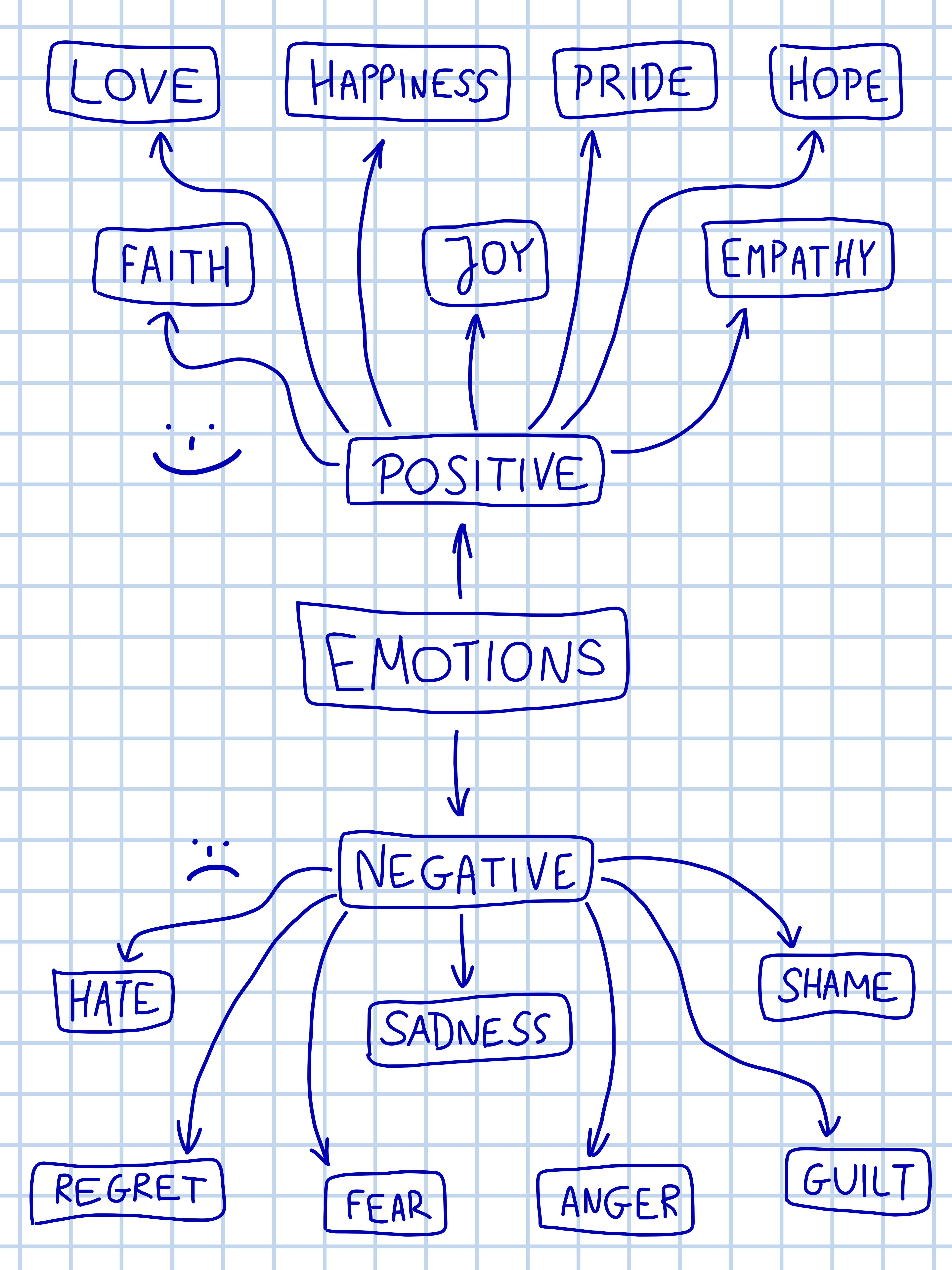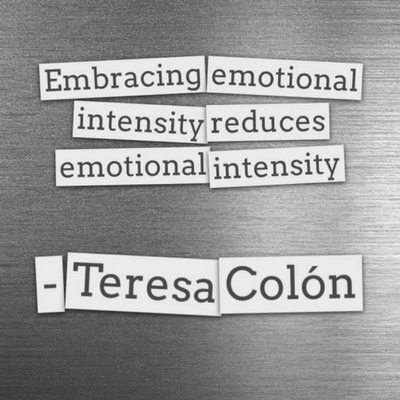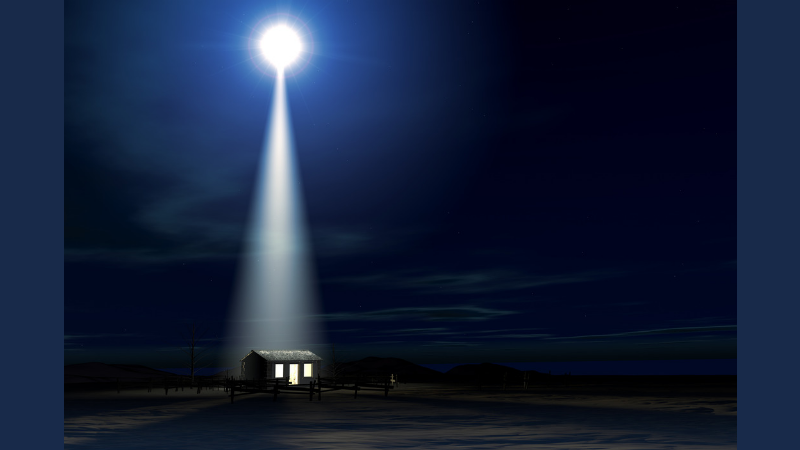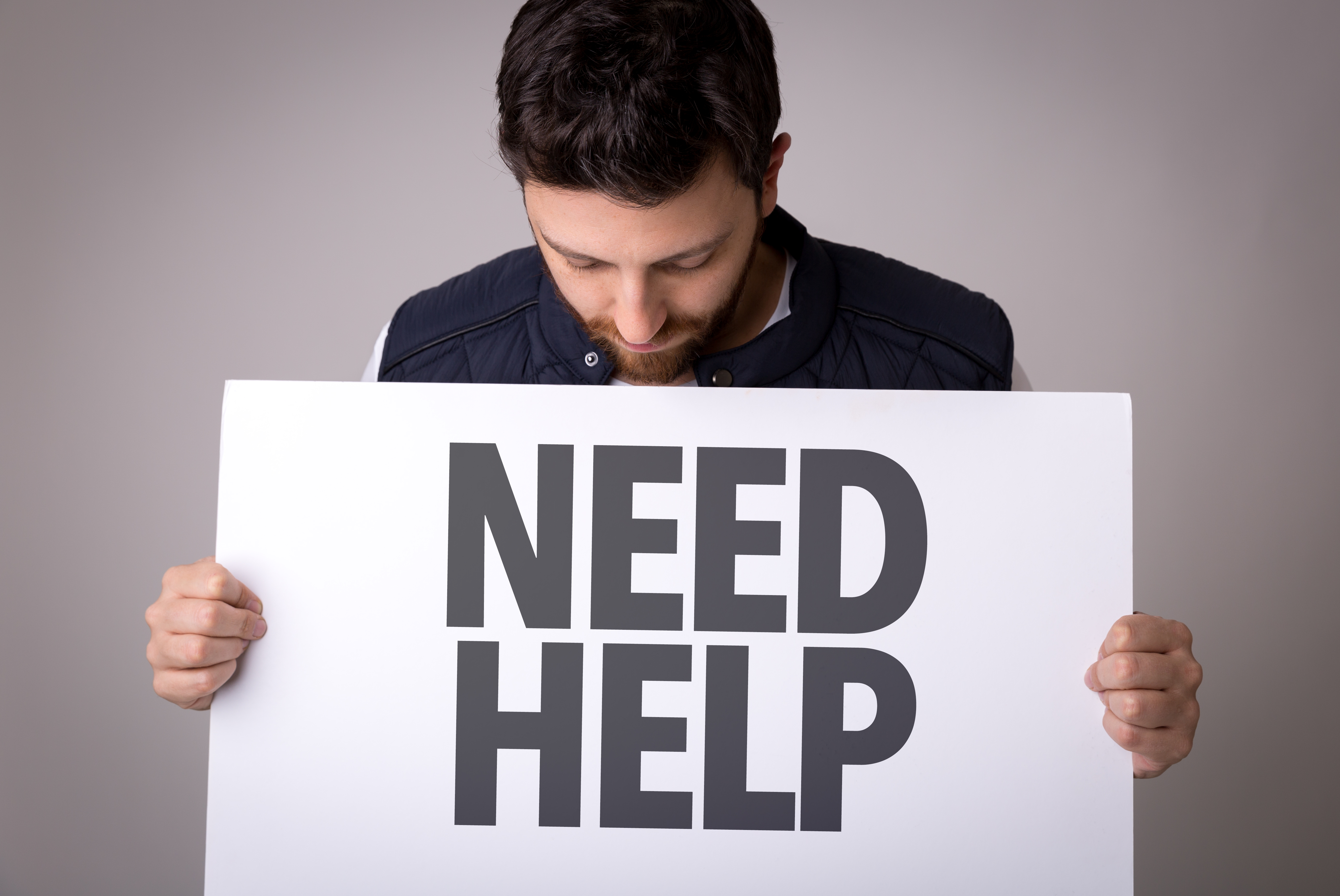Negative Emotions Aren’t Negative
We often talk about emotions such as sadness and anger as negative emotions. What if we looked at them from a different perspective?
“I hate being angry,” I shared with Mike. “I feel like I should be a better person than that.”
On this particular morning in therapy, Mike and I were exploring the reasons I struggle with expressing anger. While in many ways, I appeared to have achieved the ultimate emotional ideal — ridding myself of negative emotions — the reality is that my lack of anger was preventing me from moving forward in my life.
I learned many skills to achieve this particular nirvana. The first was to minimize my needs and my voice. “It’s not really that big a deal” was the cornerstone phrase of this coping mechanism.
I began to understand a core truth: Negative emotions are not negative.
The next skill needed was the ability to overly-empathize. Understanding that the hurt was caused by someone who had a tough day or had a tough life allowed me to look past their actions to the hurt person underneath. While that’s wonderful, it resulted in crossed boundaries and poor relational dynamics.
Finally, I had to absorb some key societal messages, such as “you catch more flies with honey than with vinegar” and “respond with kindness to hate; your enemies won’t know what to do with it.”
The reality is that boundary-crossers and relational abusers absolutely know how to respond to kindness: with more abuse. There’s been no consequence and therefore no need for them to learn to change behavior.
What did this mean for me? I felt dumped on. Worse, anger was now ingrained as an inappropriate and (ironically) unhealthy response thanks to these messages, so I had no outlet for my frustrations and eventually numbed myself to them.
It wasn’t until I went through my mental health courses that I began to understand a core truth: Negative emotions are not negative.
For better or worse, we place emotions on a spectrum of positive-to-negative. Positive emotions include joy, happiness, contentment, and relief. Negative emotions include anger, sadness, frustration, and disappointment.
It makes sense to view our emotions as a spectrum. After all, each of the major emotions contains shades within them, and the color spectrum is an easy analogy.
But somewhere along the way, we started looking at the negative emotions as unhealthy for us. How did that happen? I don’t know and I’m not sure it matters at this point. What I do know is that in stigmatizing these “bad” emotions, we’ve determined that these feelings are unhelpful, not useful, and need to be excised.
This has two results: First, this means that people in pain feel the need to retreat from society before they infect or inflict their emotions on others. This isolation becomes a self-reinforcing mechanism: not only do we feel bad for whatever reasons, but now we also carry guilt and shame for having those feelings.
Worse, by retreating, we eliminate the visibility of these emotions in society. As we reach a critical point (and I think we are nearly there), this means that people who feel sad or depressed believe they are the only ones who feel this way because they don’t see examples of others living with the same emotions around them.
Second, we don’t listen to what these emotions have to tell us. When we are sad, angry, frustrated, depressed, or disappointed, there’s a reason. Something has happened that caused an emotional response. While many times the cause is obvious (a death, a betrayal, a lost job), other times the cause is subtle.
Negative emotions don’t occur in a vacuum.
For example, I was sharing a situation with some friends, and one of them commented, “Well, you’ve always been dramatic.” At the moment, I accepted the statement as a core truth. After all, I’d heard it many times before.
Later that day, I realized that I was responding more irritably to people and that I felt on edge. It took me a bit to realize I felt anger and from there to trace my anger back to that statement.
For the sake of brevity, I won’t break down all the reasons the statement bothered me, but I will sum up by saying that I felt locked into a past version of myself. I felt silenced and diminished by my friend.
Without that emotion, I would not have realized that I needed to address an issue in our relationship.Understanding the source of the emotion put me in a position to problem-solve it, which meant I was back in control and helped me resolve the emotion.
(One caution with anger: It is commonly a “covering emotion,” meaning that it covers over other emotions we are feeling. Getting past anger helps us unveil hurt, sadness, and other emotions that help point us to the real issue.)
Just like with anger, sadness is also a useful emotion. We get sad when something changes, whether that’s a relationship status, a move, or something else. We have to acknowledge a new reality, and many times, that means grieving the end of something else.
When we stuff or hide our emotions, it’s like planting a seed. It’s small in the beginning and then grows into a larger organism — sometimes a small plant and other times, an oak tree.
Allowing ourselves to sit with these difficult emotions and simply feel them by sobbing, screaming into pillows, or punching pillows or punching bags helps the emotions run their courses.
It’s like the safety valve on a water heater: releasing even a little bit of pressure helps the entire system operate more efficiently; releasing a lot of pressure usually means that it will be a while before we feel such a pressing need.
I used to find myself randomly lashing out at people or crying at unexpected times, and it was frustrating for me. I hated it. I felt like a drama queen, like someone who needed to call attention to herself. Selfish. In reality, I had some strong negative emotions that needed expression.
Sadness was one of those. I thought I had fully processed all the emotions of losing my sister when I was a teen, but the persistent sadness taught me that it remained unresolved. More, it meant that when I experience a smaller loss, that sadness I felt around my sister piled onto the new sadness, making my reactions much larger than most people would expect for those situations.
Allowing myself the room to live that grief and feel those moments allowed the sadness to dissipate. I still get sad, but the intensity is nowhere near what it used to be.
Also, in resolving that grief, I pulled the lid off my anger. Actually, anger isn’t the right word. Once the lid came off that pressure cooker, what came out was rage.
I had to let that rage move through me. I had to learn to live with it. I had to understand its sources. I had to be unusually mindful of my reactions and interactions (or I would have wound up divorced and probably lost my kid in the process).
It sucked. There’s no way to sugar-coat that one. It was horrid and an experience I wouldn’t wish on anyone.
What came out of it, though, was healing. Sure, the emotion eased over time, but I finally was able to look at hurtful situations through new eyes. My anger helped me see the ways I’d been wronged and make decisions about how I wanted to move forward. (Or, sometimes, to realize that my expectations were out-of-line for the situation). If one possible resolution intensified my anger, then it was not the right answer for me. If another resolution reduced my anger, then we were moving in the right direction.
I’m more sensitive to my emotions now, and that’s a positive. It means I catch them when they are less intense, and I give them more weight. I listen to them better, and that means that I resolve situations sooner and more quickly than I did in the past. Now that I see my emotions — all my emotions — as useful, I don’t feel guilt or shame when I experience them.
I see them as reminders that I am human, and that I have come a long way.
What about you? How do you handle difficult emotions?
Looking for daily inspiration and community? Join our warm and supportive Facebook group!










Thank you! I appreciate you taking the time to leave me feedback and I’m glad you’re enjoying the site.
This is very interesting, You’re a very skilled blogger. I have joined your rss feed and look forward to seeking more
of your wonderful post. Also, I have shared your site in my
social networks!
Good day! Would you mind if I share your blog with my myspace group?
There’s a lot of people that I think would really
enjoy your content. Please let me know. Thanks